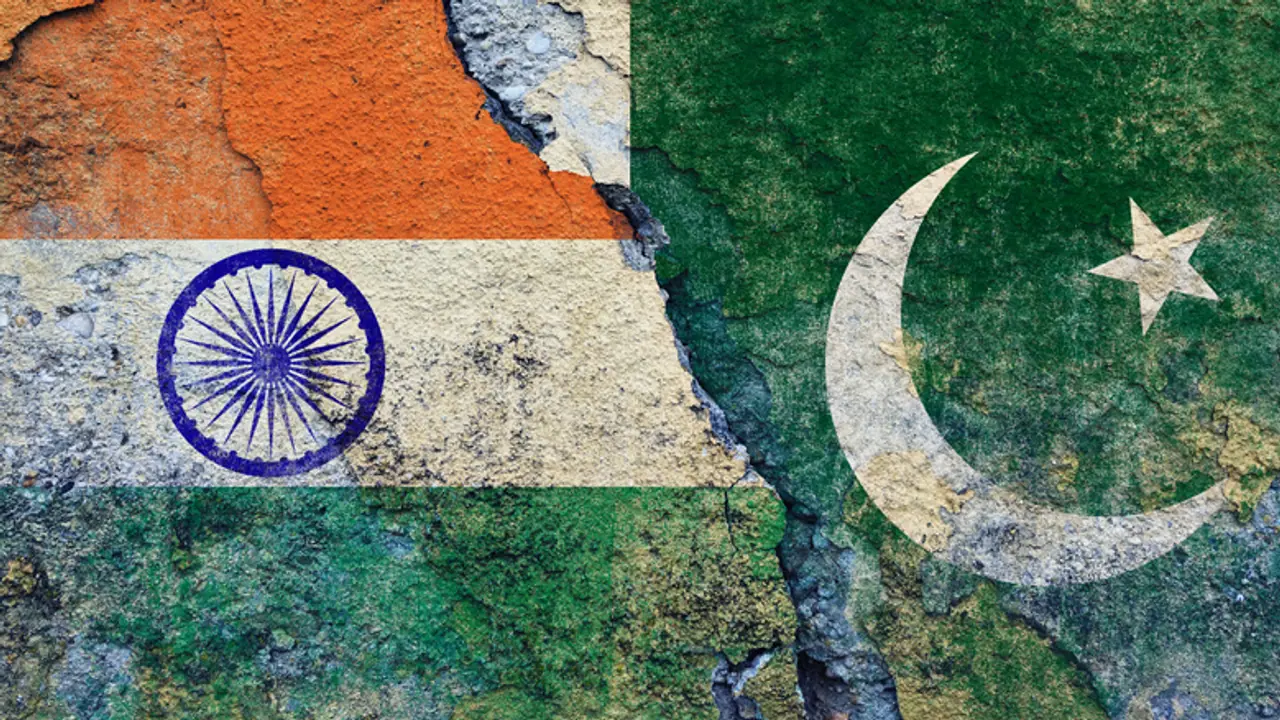India launches a multi-nation diplomatic campaign involving all-party delegations to expose Pakistan's role in sponsoring terrorism following Operation Sindoor.
In a powerful diplomatic move following Operation Sindoor and the deadly terror attack in Pahalgam, the Indian government is set to dispatch multiple all-party delegations to different countries starting next week. The mission: to globally expose Pakistan’s long-standing role in nurturing and exporting terrorism.

This strategic offensive comes in the wake of precision strikes carried out by Indian forces on terror infrastructure inside Pakistan and Pakistan-occupied Kashmir on May 7. The strikes were a direct response to the April 22 Pahalgam terror attack that claimed the lives of 26 innocent civilians.
All-Party Diplomacy to Showcase United Indian Stand
In a rare show of national unity, Members of Parliament from across the political spectrum — including opposition parties — will participate in this international diplomatic blitz. Over 30 MPs are expected to be part of the delegations, which will visit various countries in different blocs as determined by the Ministry of External Affairs (MEA). Each delegation is expected to travel for around 10 days.
The MEA will conduct detailed briefings for all participating MPs before departure to equip them with the necessary information and strategy to highlight Pakistan’s deep involvement in fostering terrorism.
Cross-Party Support: From BJP to Congress and More
Among the MPs set to participate are senior political leaders from parties such as the BJP, Congress, TMC, DMK, NCP (SP), JDU, BJD, CPI(M), and others. According to sources, notable names from the BJP include former Union minister Anurag Thakur and Odisha MP Aparajita Sarangi.
A PTI report quoting sources stated that prominent opposition leaders including the TMC’s Sudip Bandyopadhyay, JDU’s Sanjay Jha, BJD’s Sasmit Patra, DMK’s Kanimozhi, NCP (SP)’s Supriya Sule, CPI(M)’s John Brittas, and AIMIM’s Asaduddin Owaisi are also being considered for this mission.
From the Congress, the government has reportedly roped in high-profile MPs like Shashi Tharoor, Manish Tewari, Salman Khurshid and Amar Singh. The Congress party has confirmed its participation, citing national interest. However, the party continued to target Prime Minister Narendra Modi over his ‘double standards’.
"The prime minister has refused to chair two all-party meetings on the Pahalgam terror attack and Operation Sindoor. The prime minister has not agreed to call a special session of Parliament that the Indian National Congress has been demanding to demonstrate a collective will and reiterate the resolution passed unanimously by Parliament on February 22, 1994," Ramesh said in a post on X.
The prime minister and his party have been defaming the Congress continuously despite the opposition party calling for unity and solidarity, Ramesh claimed.
"Now suddenly the prime minister has decided to send multi-party delegations abroad to explain India's stand on terrorism from Pakistan. The Indian National Congress always takes a position in the supreme national interest and never politicises national security issues like the BJP does. Hence, the INC will definitely be a part of these delegations," he said.
In another post on X, Ramesh added, “The PM has called for a meeting of ONLY NDA Chief Ministers on May 25th to take political mileage from Operation Sindoor. But he now wants MPs from all parties to go abroad as a delegation for explaining India's stance on terrorism from Pakistan. The diplomatic initiative is badly needed but why these double standards?”
Operation Sindoor: India Hits Back Hard
Operation Sindoor marked a major shift in India’s counter-terror doctrine, with precision airstrikes eliminating multiple terror camps deep inside Pakistani territory and PoK. The message was loud and clear: India will no longer tolerate cross-border terrorism, and will respond with both military might and diplomatic isolation of the perpetrators.
With these diplomatic delegations, India now aims to expose Pakistan’s terror nexus on the world stage, mobilise international support, and tighten the noose on Islamabad’s global narrative.


